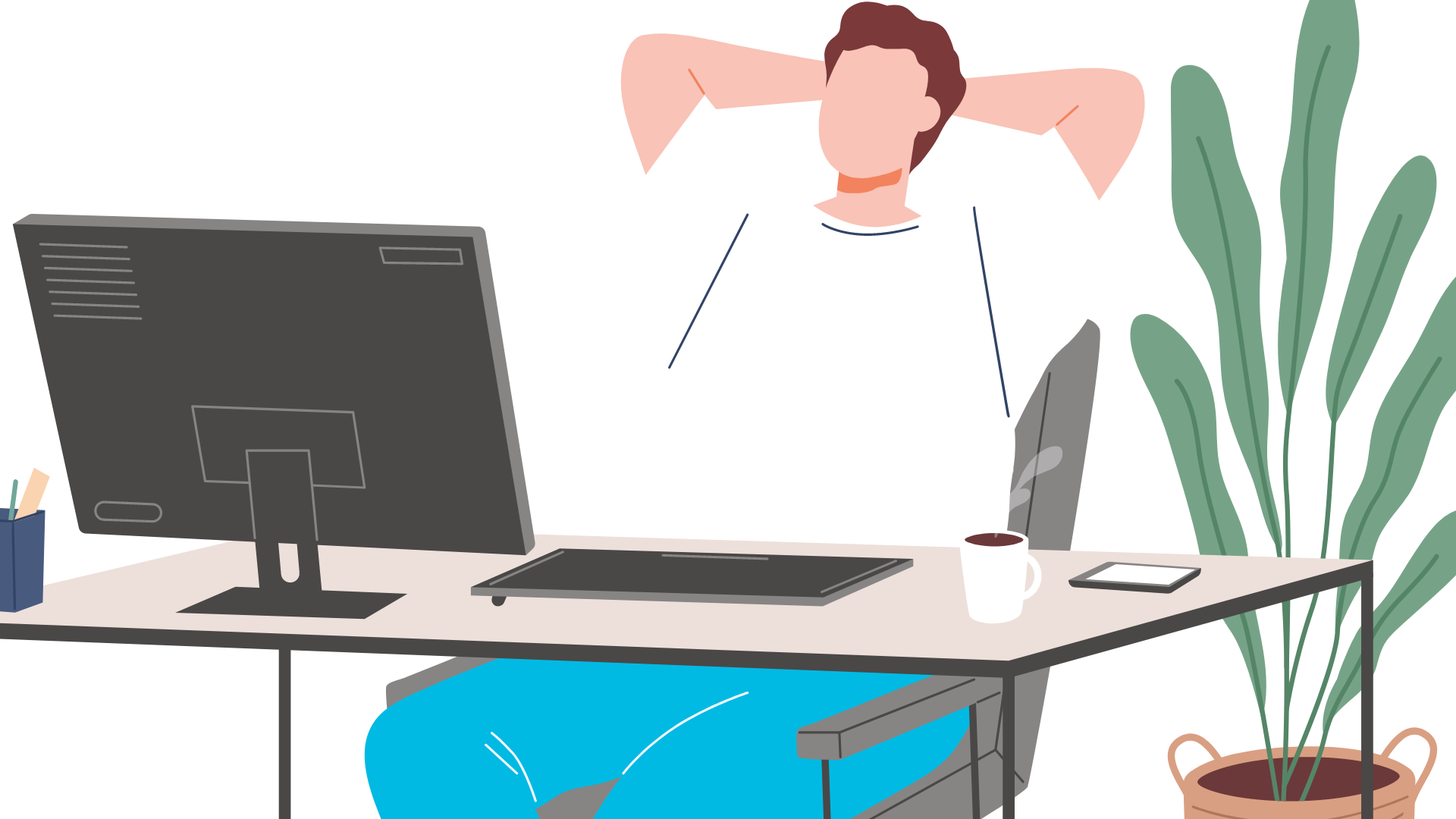Lifestyle & Entertainment
Get Your Health Back on Track
By Tammy Sofranic

April is Stress Awareness Month and 7th April marks an important date World Health Day.
This year’s theme “My health my right ” champions the right of everyone everywhere to have access to quality health services education and information, as well as safe drinking water, clean air, good nutrition, quality housing, decent working and environmental conditions and freedom from discrimination.*
If you are reading this you are likely based and living in Australia, a generally safe and healthy country. Most Australians have access to healthcare, clean water, air and a conflict-free environment.
Despite all these privileges, many of us still consciously neglect our physical and mental health. Of course, many aspects of health are out of our control – we don’t choose most of the symptoms or diagnoses we get, but despite that we still have a lot of power and influence in our well-being.
Here are some things to think about when it comes to taking ownership of your health:
1. Start on the inside – food, supplements, water and sleep.
Being in the right environment is essential for good health, but what we treat our body with is just as important. Your health is influenced by the foods you eat, the supplements you take, the amount and quality of water you drink and how much you sleep. All of this is in your hands.
So next time you reach for the pantry or fridge, think twice—is this food fuelling your body, giving you nutrients and energy or is it just temporarily filling you up? Let go of an all-or-nothing mindset. Aim to eat nutritious foods whenever and as much as possible, but note that there will be days or social situations when you can eat low-quality food, which is okay.
If you can, invest in a high-quality multivitamin to help fill the nutritional gaps in your diet.
Water is a simple cheap element to our health that we can all apply. If you think you’re not consuming enough, set reminders on your phone, get a bottle with time-of-day markers or make a point to drink a glass of water with every meal and snack. Dehydration causes many unpleasant symptoms, so if you can avoid it, do so.
Lastly, don’t cheat on sleeping. Scrolling late into the night, watching infinite shows and movies on Netflix or talking on the phone for hours before sleep will not serve your body well. Your mind and body need good quality sleep to restore, so in the long run sleep is the best investment in your health.

2. Work with your mind – not against it.
Our bodies and minds are connected which has been proven many times. So, taking care of your mental health is as important as physical.
But how do you do that? Observe and listen to your thoughts. How are they? Have you been thinking more negatively recently? Has your mood been changing or has your fuse gotten shorter?
Sometimes it’s not thoughts, just overall feelings we carry during the day days or weeks. Try to tune in and check in with yourself to see how you feel. If it helps start a journal.
If you notice it’s too hard to ignore feelings and thoughts or that you are not functioning as well as you used to or would like to, please act on this. Talk to someone you trust and believe will listen to you. If no one is around, seek help online. Many online helplines and services exist to help those battling mental health struggles. It’s important not to let this go on for too long; the sooner you seek help, the better.

3. Work with your body – exercise or at least move.
Ha, you knew this one was coming up!
There’s a reason exercise keeps appearing on health lists: it offers so many benefits. It is hard to get into those exercise clothes and make the trip to the gym but it’s worth it.
If you don’t have the time, money or inspiration to go to the gym or sign up for a sport, try to move more; for example use stairs instead of elevators, stretch while watching TV, invite friends for a walk instead of dinner, the list goes on.
The main takeaway is to aim to move as much and as often as you can.
4. Learn how to manage stress.
Managing stress is a lifelong skill you will most likely need and use in many situations. It has multiple negative impacts on health, so the sooner you learn how to navigate stress, the better, because we all experience it throughout our lifetime.
There are many stress management tips out there, but some of the top ones may include:
- No matter how hectic life gets, make time to unwind, slow down and reflect on everything happening.
- Identify sources of stress: Resolving stress starts with identifying its sources. Sit down to reflect on the significant stressors in your life. It may be temporary, like a new job or moving houses, but finding chronic stressors like thoughts fears or behaviours is trickier. Write it down and think about how you can work on it.
- Seek help from family, friends, school advisors or coaches. Whoever is available can help.
- Plan: It can add more stress if your days slip by and you don’t have the time to work on everything you need and want. Try to plan and stick to it as much as possible.
- Cut back on unhealthy coping mechanisms such as smoking, vaping, drinking, using drugs and alcohol, overeating or restricting foods, withdrawing from family and friends, procrastinating, overfilling your calendar or taking stress to others and relationships (violence, aggression or getting into fights).
5. Visit the doctor.
We’re all guilty of this one. But when a symptom persists, don’t delay visiting the doctor. A check-up, examination or ultrasound can save a life. If there’s a consistent symptom, your body is telling you something so don’t ignore it.
Also annual dental and blood checks should already be on your calendar and hopefully you haven’t been skipping them.

6. Follow a Spiritual practice.
Whether it’s your faith fuelling your spiritual cup, a meditation practice or energy healing, find what speaks to your soul and gives you a higher purpose.
If we live day-to-day on autopilot, we will have a harder time dealing with challenges that come our way because we have no greater purpose to serve or count on.
In fact, what do you believe in and when was the last time you applied any spiritual practices?
Source: World Health Day
If you did all you could but still need support contact one of the services below.
If the matter is urgent call the Emergency line at 000.
NSW Health - Mental Health Line
